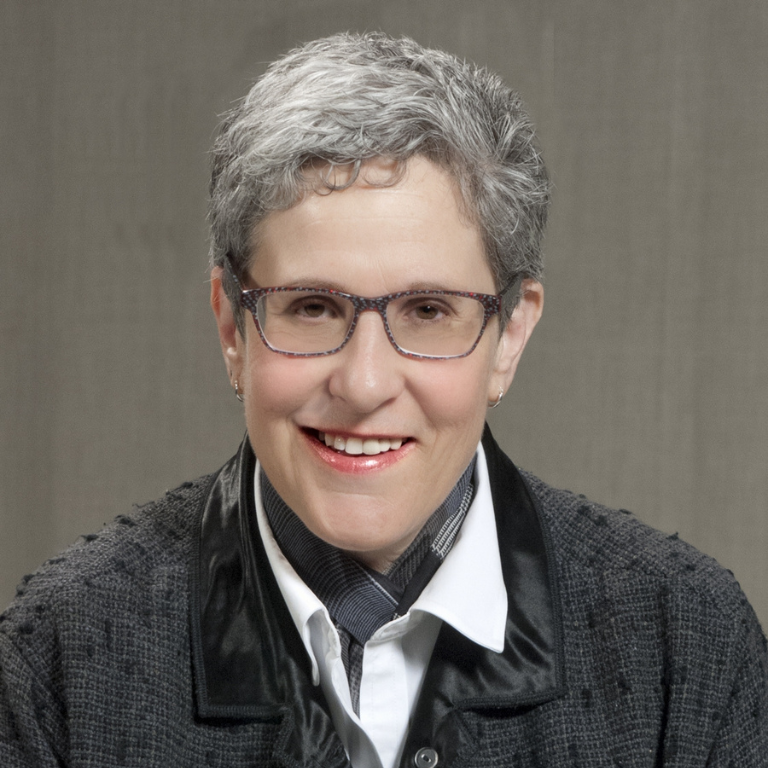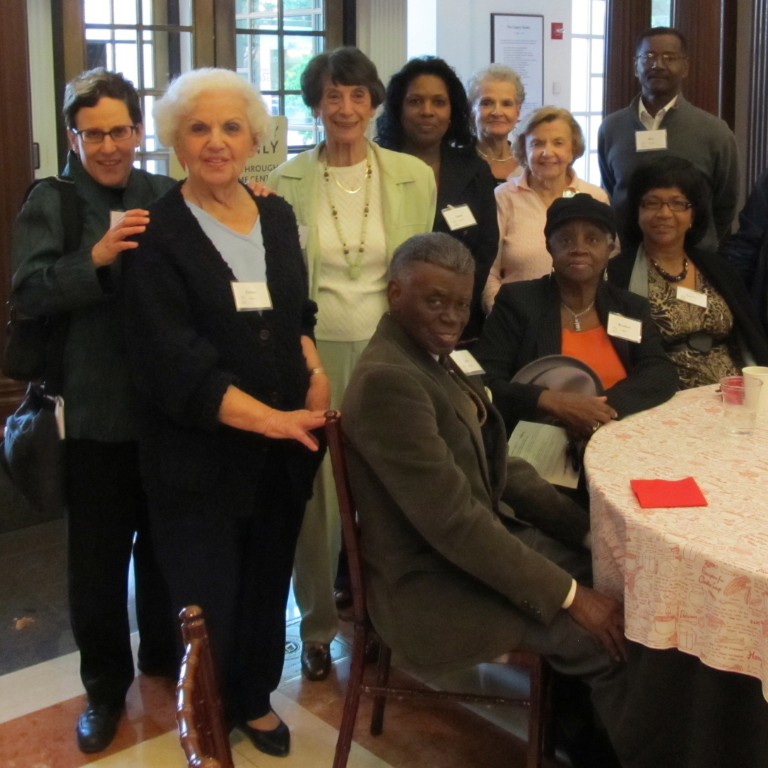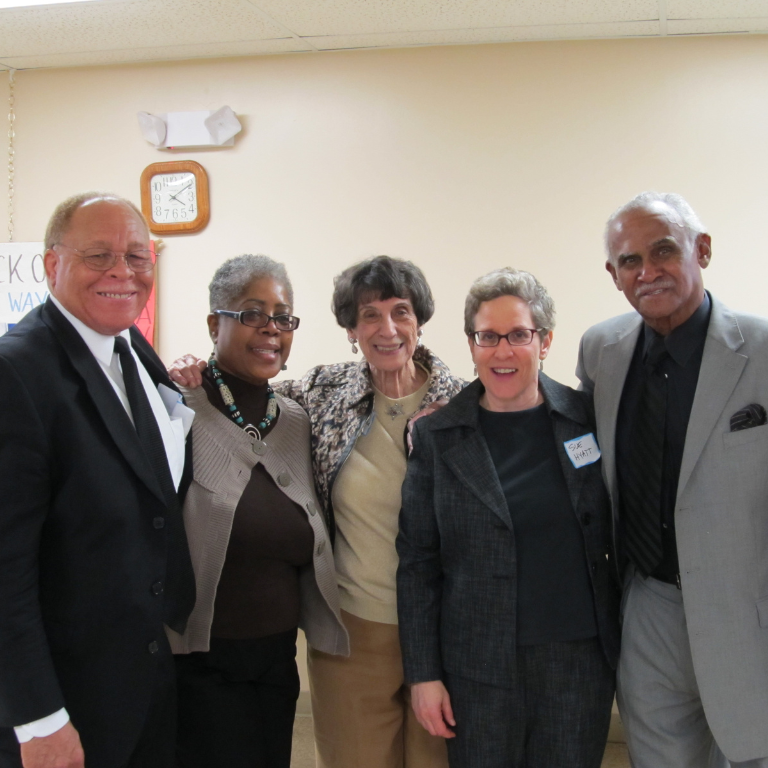Between earning her master’s and beginning her doctorate in cultural anthropology, former anthropology professor Susan Hyatt, Ph.D., worked as a community organizer from 1981 to 1989 in neighborhoods across southwest Chicago, tackling redlining, gang violence, and the long neglect of abandoned buildings.
“I often hosted students who were interested in community work,” she said. “I realized pretty early that having volunteers is actually a lot of work.”
That awareness became foundational to her teaching philosophy and her approach to service learning. It became an educational model that blends academic study with community engagement. Today, Hyatt is professor emerita of anthropology at Indiana University Indianapolis, where she has spent nearly two decades advocating for high-impact practices that connect students with public life beyond the classroom. “Even the flashiest site can fall into disuse,” Hyatt said. “Technology is a tool, but not a substitute for thoughtful planning.”
When Hyatt joined the university in 2005, it was known as IUPUI. She had already earned tenure at another urban institution, one that, she said, “merely tolerated” her community-focused work. IU’s reputation for civic engagement was what drew her to Indianapolis.




